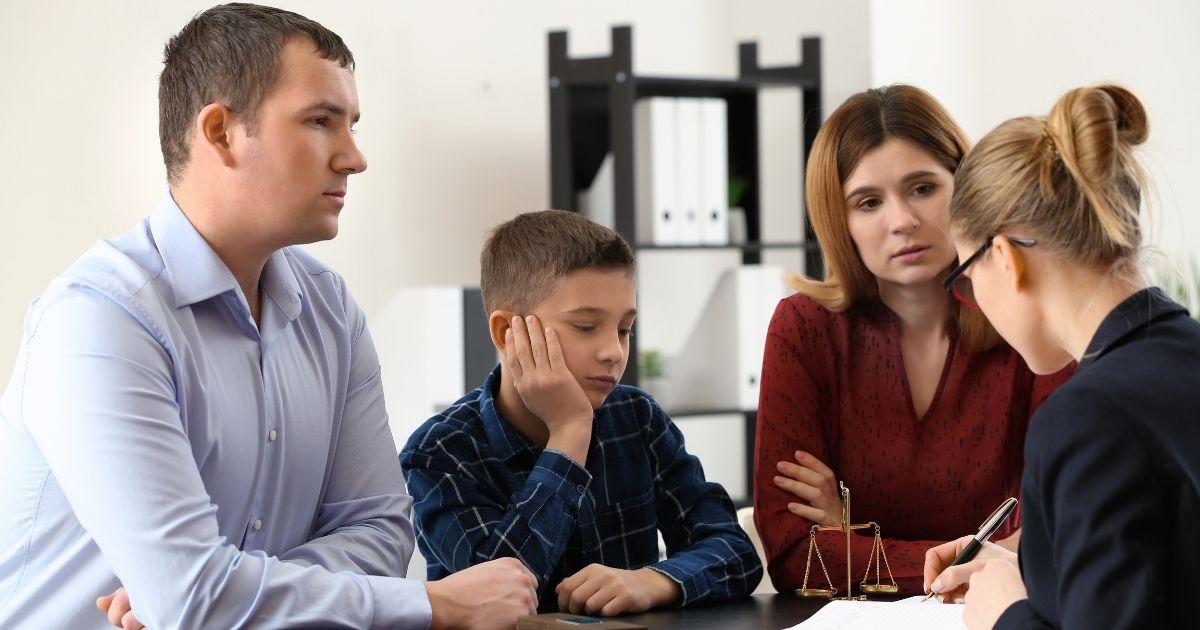Family team meetings play a pivotal role for families dealing with the New Jersey Department of Child Protection and Permanency (DCPP). These meetings aim to ensure the well-being of children while involving parents and other key individuals in creating a roadmap for reunification and stability. Understanding what a family team meeting entails can provide a clearer perspective on how to navigate this process effectively.
The Essence of a Family Team Meeting
A family team meeting brings together the DCPP, the child, family members, resource parents, and other significant parties involved in the child’s life. The objective is to collaborate and devise a comprehensive plan that addresses the family’s long-term goals. For most parents, the primary goal is to reunite with their children, which often involves undertaking specific steps to achieve this outcome.
During these meetings, each participant plays a crucial role. The DCPP facilitates the discussion, ensuring that all voices are heard and considered. The family members and resource parents share insights into the child’s needs and the family’s dynamics. This collaborative approach fosters a supportive environment aimed at crafting a viable and effective plan.
How Frequently Are Family Team Meetings Held?
Family team meetings are structured to occur regularly to monitor progress and make necessary adjustments. The initial meeting must take place within 45 days following the child’s removal from the home for suspected abuse or neglect. This prompt scheduling underscores the urgency of addressing the child’s situation and setting a clear path forward.
Subsequent meetings are spaced out over the child’s out-of-home placement period. In the first year, three additional meetings are mandated, ensuring continuous oversight and support. If the child remains in out-of-home placement beyond a year, the DCPP will arrange three more meetings, maintaining a consistent review and adjustment cycle.
What Are the Dynamics of Family Team Meetings?
The structure of a family team meeting is designed to be both informative and supportive. Participants are encouraged to share their personal stories and experiences. This open dialogue aims to provide a deeper understanding of the family’s unique circumstances. For instance, parents dealing with substance abuse may discuss how their addiction has impacted their lives and their ability to care for their children.
This sharing of experiences is not merely anecdotal; it is a critical component of the meeting. By understanding the family’s history and current challenges, the group can more accurately identify the strengths and weaknesses within the family dynamic. This information is instrumental in developing a realistic and achievable plan.
What Is the Outcome of a Family Team Meeting?
Following the discussion of personal stories and identification of strengths and weaknesses, the group works together to outline a step-by-step strategy. This plan is tailored to meet the family’s needs and aims to address the issues that led to the child’s removal.
The plan typically includes actionable steps the parents must take to demonstrate their capacity to care for their children. This might involve attending parenting classes, undergoing substance abuse treatment, or securing stable housing. The plan is not static; it is subject to regular reviews and adjustments based on the family’s progress and any emerging needs.
What Is the Importance of Active Participation in Family Team Meetings?
Active participation in family team meetings is crucial for parents. Engaging fully in these discussions and being transparent about their situations can significantly impact the plan’s effectiveness. Parents should view these meetings as an opportunity to advocate for themselves and their children, ensuring that their voices are integral to the decision-making process.
By participating actively, parents not only contribute valuable insights but also demonstrate their commitment to reuniting with their children. This proactive involvement can positively influence the outcomes of the meetings and the overall trajectory of the case.
A Moorestown DCPP Lawyer at the Law Offices of Theodore J. Baker Can Protect Your Rights
Having legal representation during family team meetings is advisable. An attorney can provide invaluable guidance, ensuring that parents’ rights are protected and that they understand the implications of the decisions made during these meetings. An attorney can also help navigate the complexities of the DCPP procedures and advocate on the parents’ behalf. Speak with a Moorestown DCPP lawyer at the Law Offices of Theodore J. Baker. Contact us today at 856-210-9776 or use our online contact form to schedule your consultation with our experienced legal team. With an office in Cherry Hill, New Jersey, we proudly serve clients in South Jersey, including Haddonfield, Marlton, Medford, Moorestown, Mount Laurel, and Voorhees.









